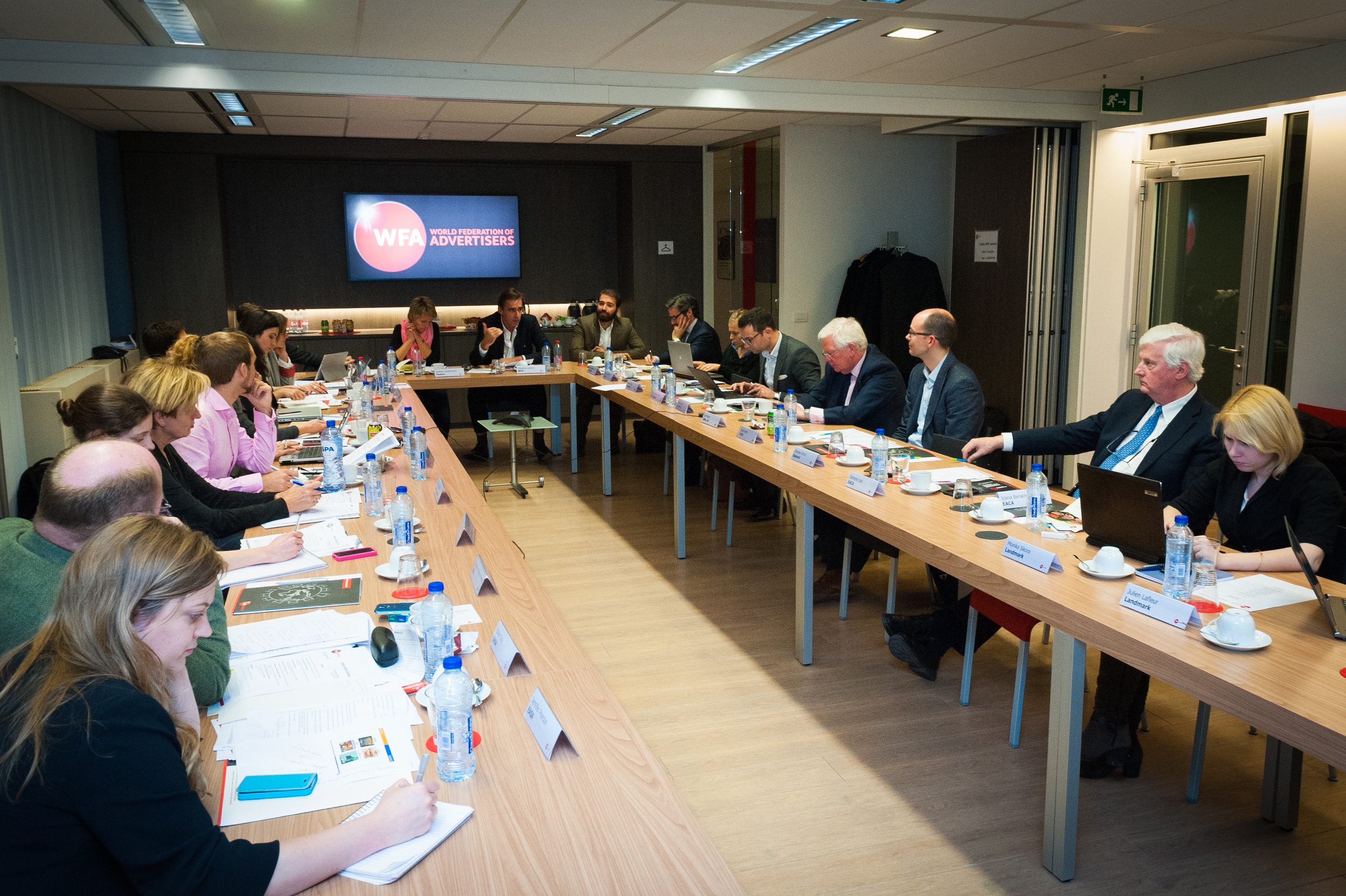2015 was punctuated by the rise in an existential threat to the advertising ecosystem, global policy challenges and a landmark acknowledgment from APEC leaders about the role and value of advertising and industry self-regulation.
2015 was punctuated by the rise in an existential threat to the advertising ecosystem, global policy challenges and a landmark acknowledgment from APEC leaders about the role and value of advertising and industry self-regulation.
The rise in ad blocking continues at double digit growth globally. The Policy Action Group has embraced this challenge as an opportunity to revisit how marketers communicate with partners in the ecosystem and ultimately with consumers.
A
Digital Single Market Strategy was launched to maximise the potential of the European digital economy. The Commission’s
Better Regulation Agenda, seeks to optimise European regulation and holds the keys to a potentially enhanced recognition for the role for self- and co-regulation in the digital environment.
Broad agreement was reached on the General Data Protection Regulation, which will have a substantial impact on how marketers can collect and use data, not just in Europe but around the world. Strong engagement has borne fruit but two more years of interpretation and implementation will determine how the new rules work in practice.
The revision of the Audiovisual Media Services Directive, the EU-wide law governing TV and online TV advertising will prove a battleground in 2016. Industry will need to make a robust case against efforts to introduce regulation on food and alcohol marketing and marketing to children.
WFA continues to promote the role of responsible advertising standards through the Commission’s Community of Practice and the European Digital Advertising Alliance (EDAA), the self-regulatory programme for online behavioural advertising.
Notably, working with APEC has helped result in its 21 Heads of State adopting an Action Agenda to promote the alignment of advertising standards and reduce the cost of doing business across APEC, a region representing 54% of the world’s GDP and 44% of its trade.
 What will 2016 bring?
Bring public affairs closer to the business.
What will 2016 bring?
Bring public affairs closer to the business. Public affairs teams have a unique ability to bring what society really thinks into the boardroom. A trust deficit in corporations, the failure of ‘politics as usual,’ the technological disruption of one industry after another (including marketing) are just some of the trends that will become more acute in 2016. Companies need to understand how these different factors are coming together, putting Public Affairs as the go-to resource for senior business leaders. PA professionals will need to be compelling advocates for bold action and often agitators for change. WFA is witnessing more and more companies embedding smart PA thinking into the C-suite. We predict it will be the only way to keep pace with a fast-changing world.
For more information, contact
Will.
